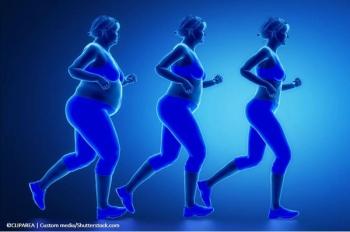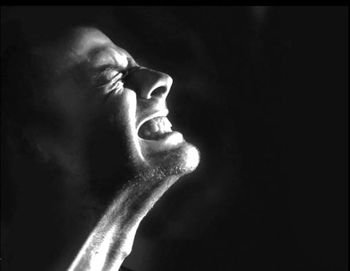
Oral Steroids for Acute Radiculopathy?
Would you consider oral steroids for a patient with acute radiculopathy due to a herniated disc? What's the clinical evidence of benefit?
A 62-year-old man with chronic lumbar back pain asks you whether steroids might help alleviate his worsening back pain. For 6 months he has had non-radiating lower back pain that has not responded to symptomatic treatment with acetaminophen, NSAIDS, and antispasmodic agents. Physical therapy exercises have also failed to relieve his symptoms. For the past week, he has had new onset of pain that intermittently radiates to the bilateral buttocks, lateral part of the legs and feet, and numbness with tingling on the lateral legs and dorsum of feet. He denies any saddle paresthesia or incontinence of the bladder or bowels.
On examination, he has a positive straight leg raise (Lasègue’s sign), no vertebral tenderness, and decreased strength in foot dorsiflexion. An MRI of the lumbar and sacral spine reveals focal disc protrusion and foraminal stenosis at the level of L5-S1, with moderate compression of the S1 nerve. (Sample MRI image above; click to enlarge; courtesy Loyola University Medical Education Network.)
What’s the evidence that oral steroids are an effective treatment option for acute radiculopathy due to a herniated lumbar disc?
Newsletter
Enhance your clinical practice with the Patient Care newsletter, offering the latest evidence-based guidelines, diagnostic insights, and treatment strategies for primary care physicians.
































































































































